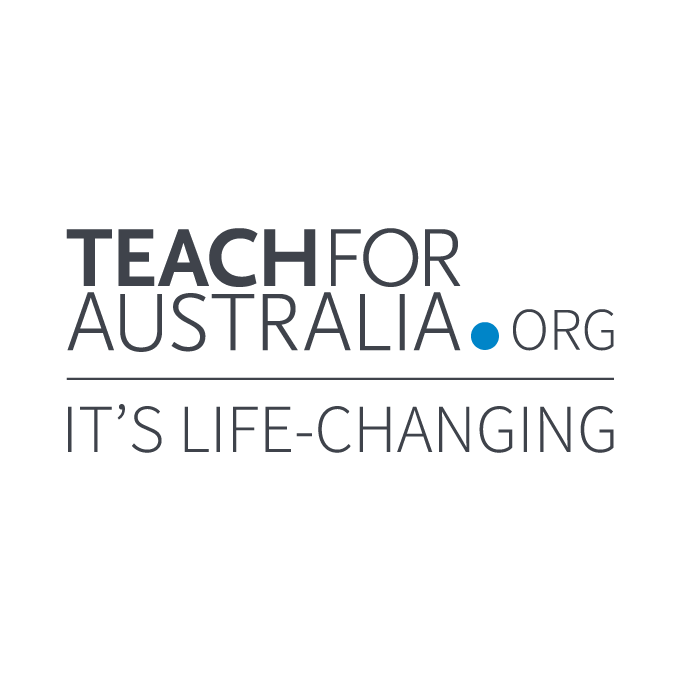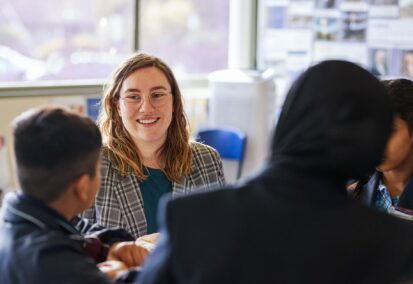This is the fourth and final part in a series to help you know what to expect and to prepare for our Leadership Development Program – from the moment you’re offered a place, to teaching in the classroom and everything in between.
In case you missed it, here are the first, second and third instalments to get you up to speed.
Now you’ve started the program and are teaching in your placement school, let’s explore the challenge of balancing work and study during the program.
‘The hardest part of the LDP’
The first three to six months of the Leadership Development Program are the hardest.
While you will have built foundational knowledge and skills through the intensive learning you completed before the school term – you will still be adjusting to teaching, understanding ‘all things school’ (such as bell times, classrooms, your colleagues and students) and balancing a demanding Masters workload on top.
“Mentally prepare yourself for the load, and remind yourself that this is the hardest part of the LDP. You are learning how to teach, learning how to navigate a new workplace AND for lots of you, moving to a new place. Be gentle with yourself and don’t expect to be perfect. Think of yourself as an apprentice.” – Caitlin Conway, 2014 Cohort
Not only will your mentors and TFA coach play a significant role in supporting you, but you will be surrounded by a network of peers within your cohort as well as school colleagues who can share their experiences, learnings and advice.
“Expect to feel a little overwhelmed – a bit like treading water fully clothed! I remember a wonderful colleague telling me that teaching can often feel like there is a lot to carry, but a trick is to become comfortable with what that feels like. Over time, this really rung true for me, and I started to feel more at ease with what the volume felt like so that I could focus on prioritising and triaging.” – Adalia Munteanu-Miller, 2021 Cohort
You are encouraged to tap into the knowledge and experience of those around you – remember that you aren’t alone.
“We had a group chat with all 100 of us Victorian Associates and there was always someone who had an idea for you, or they had a colleague who had a lesson plan for you.” – Eliza Kramer, 2021 Cohort
Setting yourself up for success
During the two-year program you’ll be teaching at 0.8 full time equivalent at your placement school, with 0.2 FTE study release for your Master of Teaching.
While the Masters requires more hours of study than 0.2FTE each week, this time is allocated to reduce the amount of study you need to complete outside of work hours.
It will be important to put strategies in place to reduce your risk of burnout and ensure you’re setting yourself up for success during the two-year program.
“Setting boundaries is really important. I got a full day off on a Wednesday and I utilised that as a full working day to do my uni – and then roughly two weekends out of every month my entire weekend would be dedicated to doing an assignment. That’s why I needed to set boundaries on other weeknights to have ‘me time’.” – Eliza Kramer, 2021 Cohort
“My biggest tip would be to get involved in the things that you love and don’t forget to do those things. I loved playing soccer and I got involved in the local Geraldton soccer club and it was amazing – I found my support crew and my network in the things I loved.” – Renee Demeo, 2020 Cohort
Intense yet rewarding
Through our Leadership Development Program, you’ll develop and hone your skills on a personal, professional and academic level – all while helping to fight educational inequity.
The program is rigorous, and it can be intense – because our young people deserve high-quality teachers in the classroom. And our partner schools need more talented people to fill vacancies alongside the great teachers already in the profession.
To help future candidates considering joining the program, we asked some of our Alumni to reflect on their experience – and what they might do differently in hindsight.
“I would try and learn more from my other colleagues – I think I came in thinking that I knew a lot (which I both did and didn’t). There will be other teachers at your school who have years and years of experience – get to know them. I would try and observe more classes from other people – this is a key way to learn more and refine your own strategies.” – Caitlin Conway, 2014 Cohort
“I would have been in contact with parents of my students earlier. This is so important in the long run and in my experience when I did do this, it was more likely that I had my students on board with me as well.” – Sana Jamali, 2019 Cohort
“I wish that I had been able to let silly things go, the things that inevitably come up but don’t really matter in the long run. I also wish that I had realised earlier on that sometimes it’s more important to be the teacher that my students needed as opposed to trying to be the ‘idea’ of a teacher that I wanted to be.” – Adalia Munteanu-Miller, 2021 Cohort
Want to learn more?
It’s true that our Leadership Development Program is intense – but it’s also incredibly rewarding and life-changing for our teachers and the young people they inspire in the classroom.
Download a copy of our Leadership Development Program Handbook to learn more.
Back: Part 3





